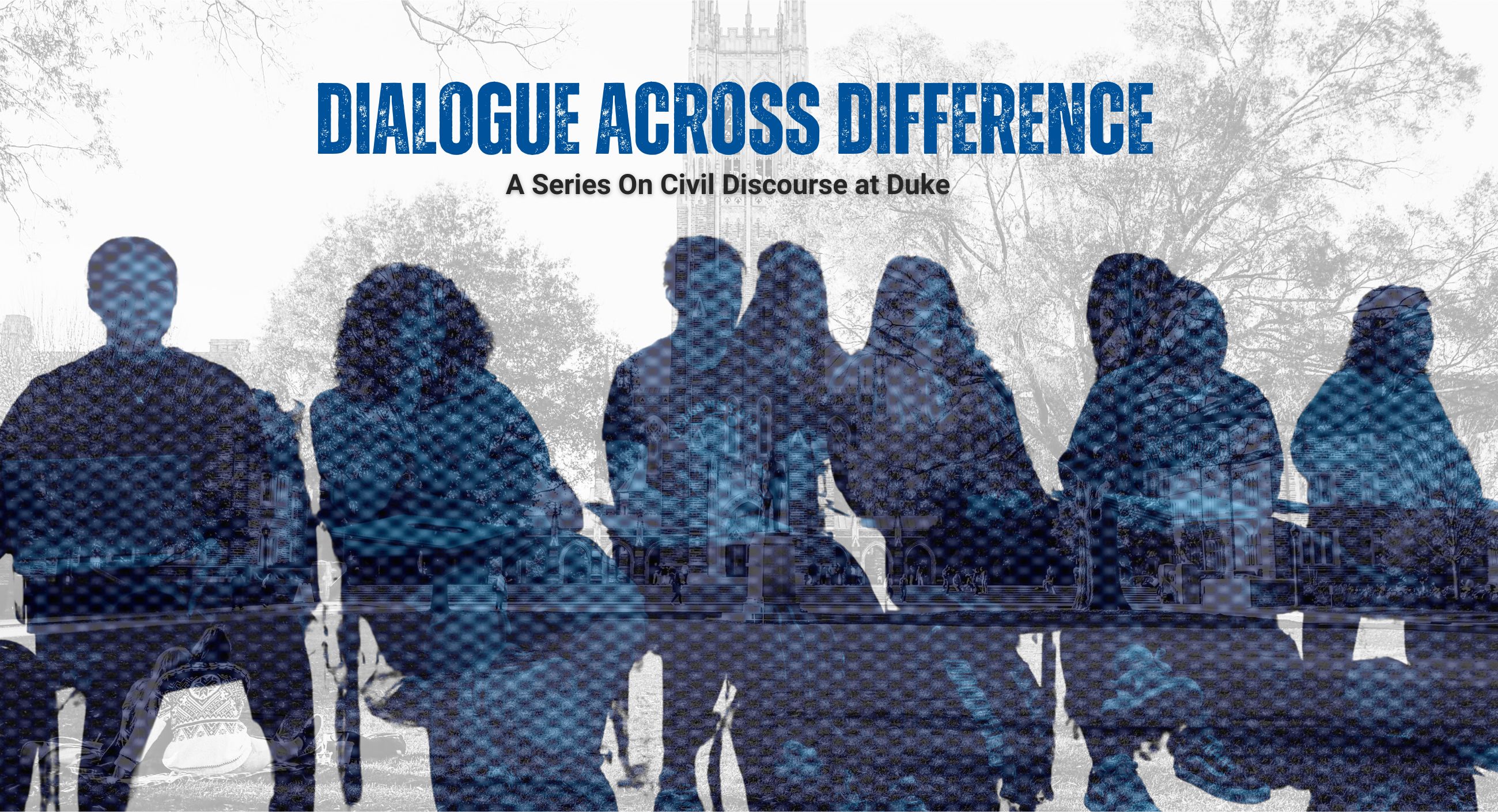At Duke, a Dorm for Big Ideas, Free Expression

One day last year, Jason Murray, Jr. was catching the bus home from class when he overheard some of his fellow Duke students deep in a conversation about philosophy and religion.
This was right up his alley, so Murray nosed his way into the discussion, introducing himself to fellow sophomore Luca Adamo. Somewhere along the mile-long stretch of Campus Drive, the duo realized they both loved deep conversations on weighty topics. By the time they got off the bus, they had made plans to room together the next year.
All in a 10-minute bus ride.
This year, the duo are co-presidents of the Transformative Ideas Living/Learning Community, a Duke venture that, now in its second year, provides students a judgment-free environment to tackle heavy ideas.
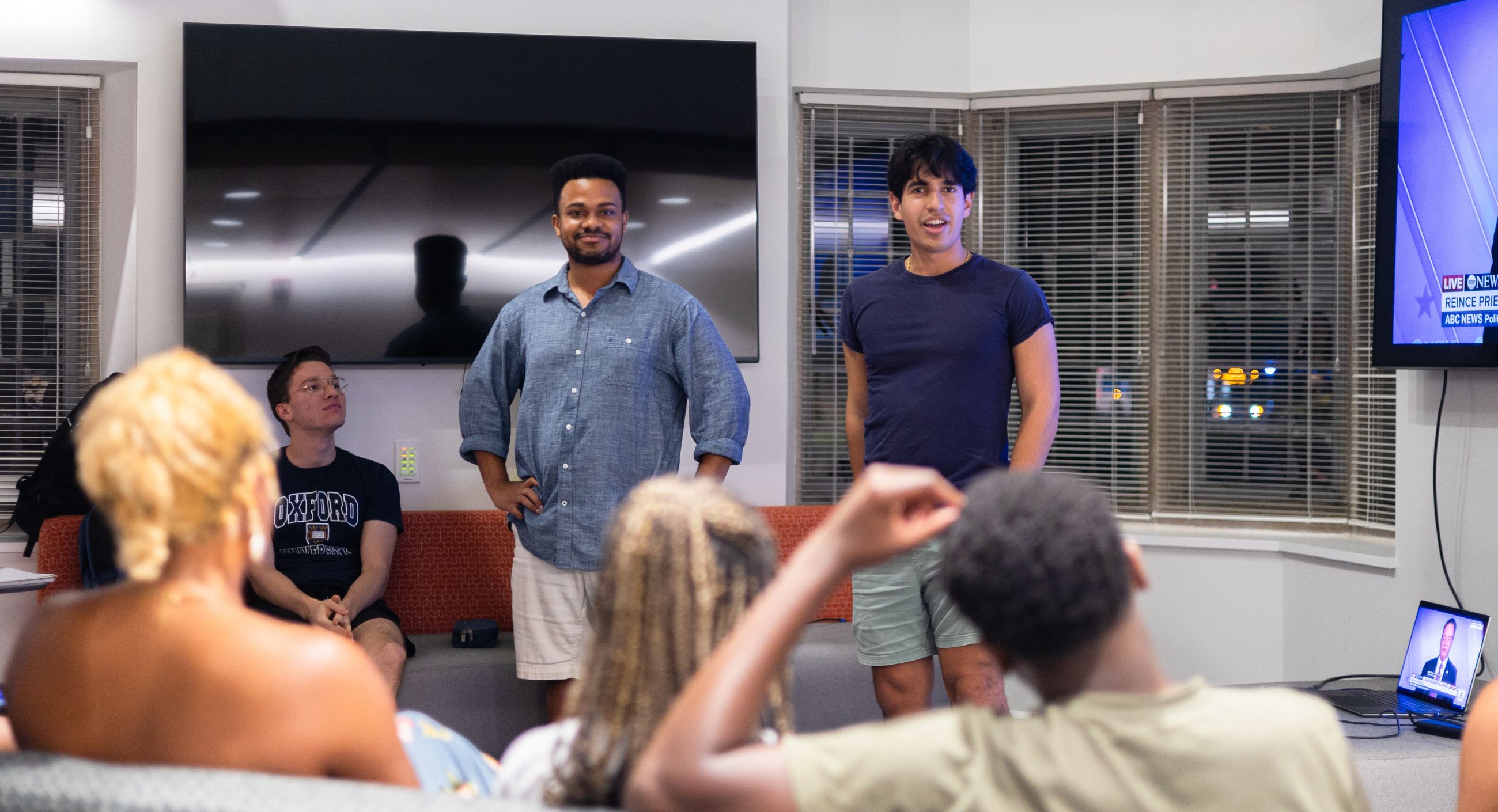
Housed in Kilgo Residence Hall on West Campus, this community of about 20 students pushes back against the political and ideological polarization that has overtaken many corners of American higher education, professional workplaces, social media platforms and broader society.
Across the country, universities are grappling with civility and political polarization, searching for ways to foster productive debate on their campuses. Many are now offering classes or other programs that encourage free speech and dialogue. American University in Washington, D.C. created a new Project on Civil Discourse, while the Massachusetts Institute of Technology created a “Dialogues Across Difference” program last year. And the Heterodox Academy, a non-profit alliance, launched communities on dozens of university campuses last year promoting open inquiry and productive disagreement. In North Carolina, Heterodox communities exist at UNC-Chapel Hill, UNC Charlotte and Appalachian State University.
Duke appears a rare university to integrate concepts of civility and open dialogue into the residential experience – a concept built on fostering positive relationships.
“The Transformative Ideas dorm goes further by bringing the intellectual life of the classroom into the life of the students,” said Polly Ha, a historian and faculty director of the Transformative Ideas program. “They get to read, think, and eat together. They get to disagree, laugh, and stay up late hashing out what they think with each other. Those are the sorts of college experiences and conversations that are lasting.”
Examining Life’s Big Questions
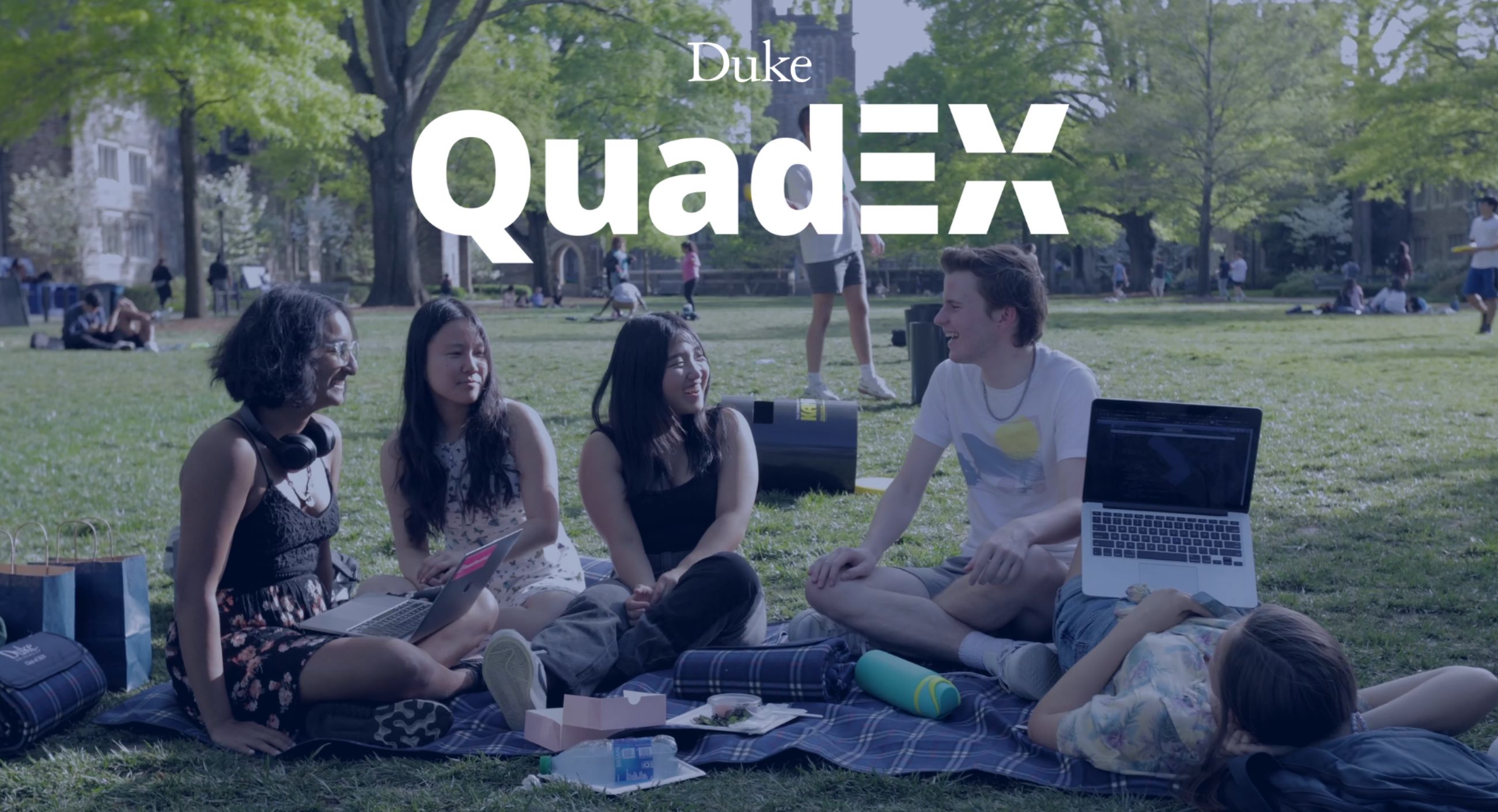
The new Kilgo venture is under Duke’s new QuadEx living/learning initiative and the Transformative Ideas program – a series of courses specifically for sophomores that encourage discussion in and outside the classroom on broad, sweeping topics.
For example: One class examines what leads to human flourishing and how religion shapes a person’s answers to life’s big questions; another analyzes the intersection of science and society.
The Transformative Ideas program was created to address the twin challenges of declining mental health among young people and the increasing reluctance by college students to speak their mind frankly for fear of brushback or scorn from their peers, Duke officials have said. This was demonstrated both anecdotally and through some informal surveys by professors that revealed significant percentages of students were reluctant to offer opinions in public.
The program was piloted in 2022 with its first course – The Good Life – and quickly enrolled 70 students, Ha said, adding that the course now tops 150 students with a waiting list. The program was launched to help bridge the traditional strengths of Duke in the humanities with other disciplines and to bring students across different majors together, she said.
The program quickly added more courses, and the Kilgo residence hall community was created in fall of 2023.
Community lies at the heart of the experiment. At the start of the semester, the Transformative Ideas program hosts welcome dinners for students enrolled in its courses. Later in the fall, more than 100 students headed to Black Mountain in the North Carolina mountains for an electronic device-free weekend of relaxation and contemplation.
In Kilgo Hall, all ideas are welcome, and listening to other views is as important as voicing your own. And while these discussions can just as easily be held in a classroom or in a coffee shop, having them in your own dorm matters, students said.
“When you’re in college, this is your home,” said Murray, a junior from Miami studying philosophy and classical studies.
“We try to hold all our events in one place to make the space emblematic of the mission. When you associate your home with interesting ideas with different people across a variety of perspectives, that can give a sense that when you go out into the world again, you get to have more of an ease and comfort with different ideas.”
Duke’s program dovetails as well with other campus initiatives aimed at teaching tolerance and kindness; the Civil Discourse Project, for example, sponsors classes, speakers and other events promoting the healthy exchange of ideas by people with differing viewpoints and experiences.
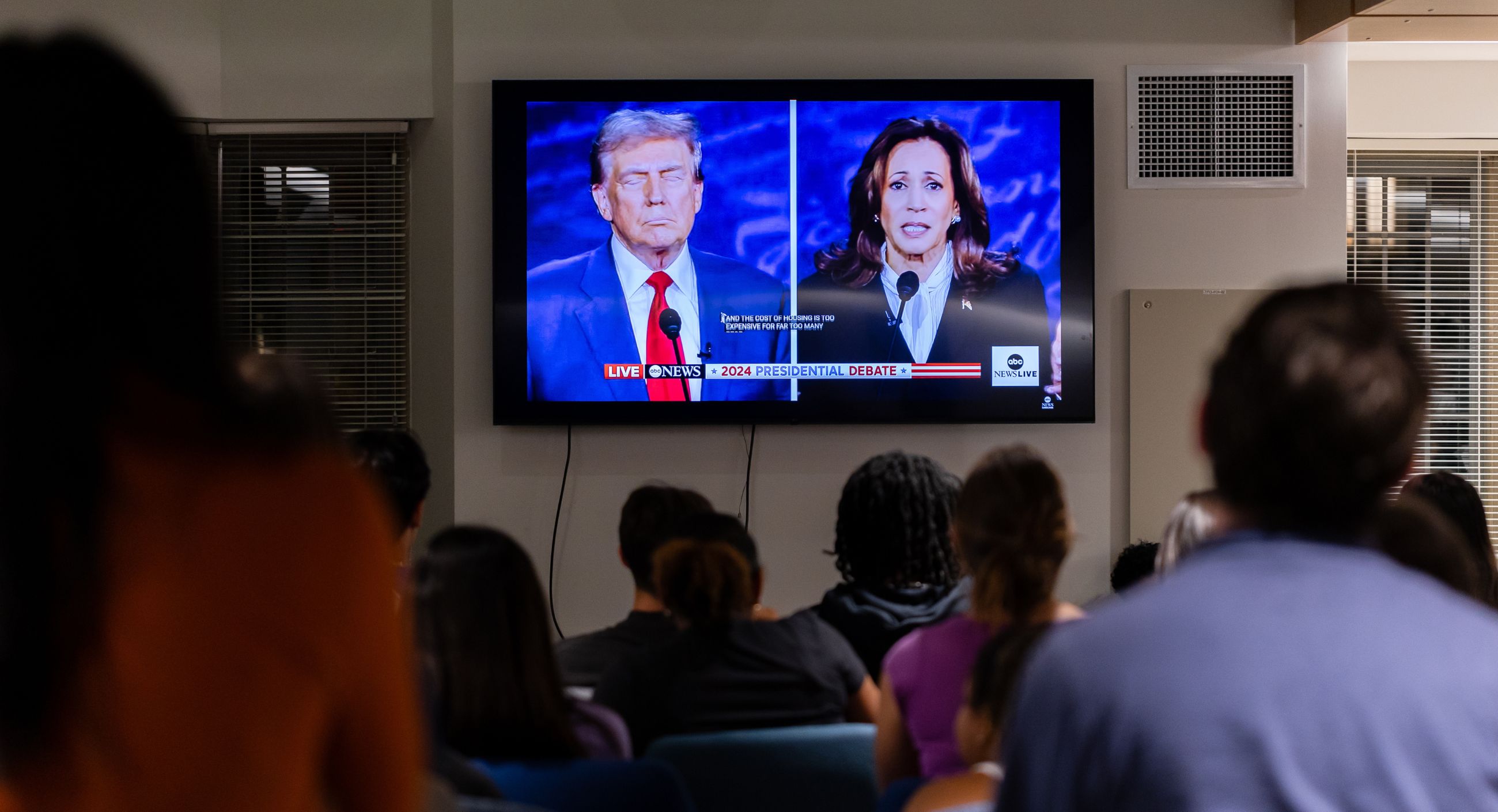
And a Duke Immerse program offers a suite of courses around democracy and civil discourse that examines the role of media in public debate.
“Being in the dorm, these aren’t just people you see at an event and argue with,” said Alfredo Watkins, a philosophy professor and executive director of the Transformative Ideas program. “These are some of your closest friends, people you know well because you live with them. Students have very strong disagreements and laugh about it.”
Viewpoints differ because people differ. The residents of Kilgo are a varied bunch. Most are American, but there are international students as well. Some have progressive leanings while others are conservative. Many occupy that middle ground, not necessarily married to a particular viewpoint on every issue, said Adamo, a junior from Toronto.
“Some students don’t have a particular ideology or stance staked out but are open to everything and want to sort out their thoughts,” he said.
Deep Talk, Free Pizza
It's not unusual for a small group of residents to stay up half the night debating something significant.
These conversations are often sparked by a class topic. One popular course, called “The Good Life,” examines how religion and philosophy can guide a person’s quest for a life well lived. One night, that class led residents on a long debate about the role established religions play in being a beacon for people who feel a bit lost in life, Murray recounted.
“It was a good conversation that wouldn’t be fostered anywhere else,” he recalled.
This community is largely event-driven, often fueled by intellectual honesty and free pizza. The dorm leaders bring in guest speakers, host movie nights and find other ways to tackle big issues. A standing room-only crowd of more than 70 students recently packed a lounge to watch the presidential debate featuring Donald Trump and Kamala Harris, with more than a dozen lingering until midnight discussing the candidates and their platforms.
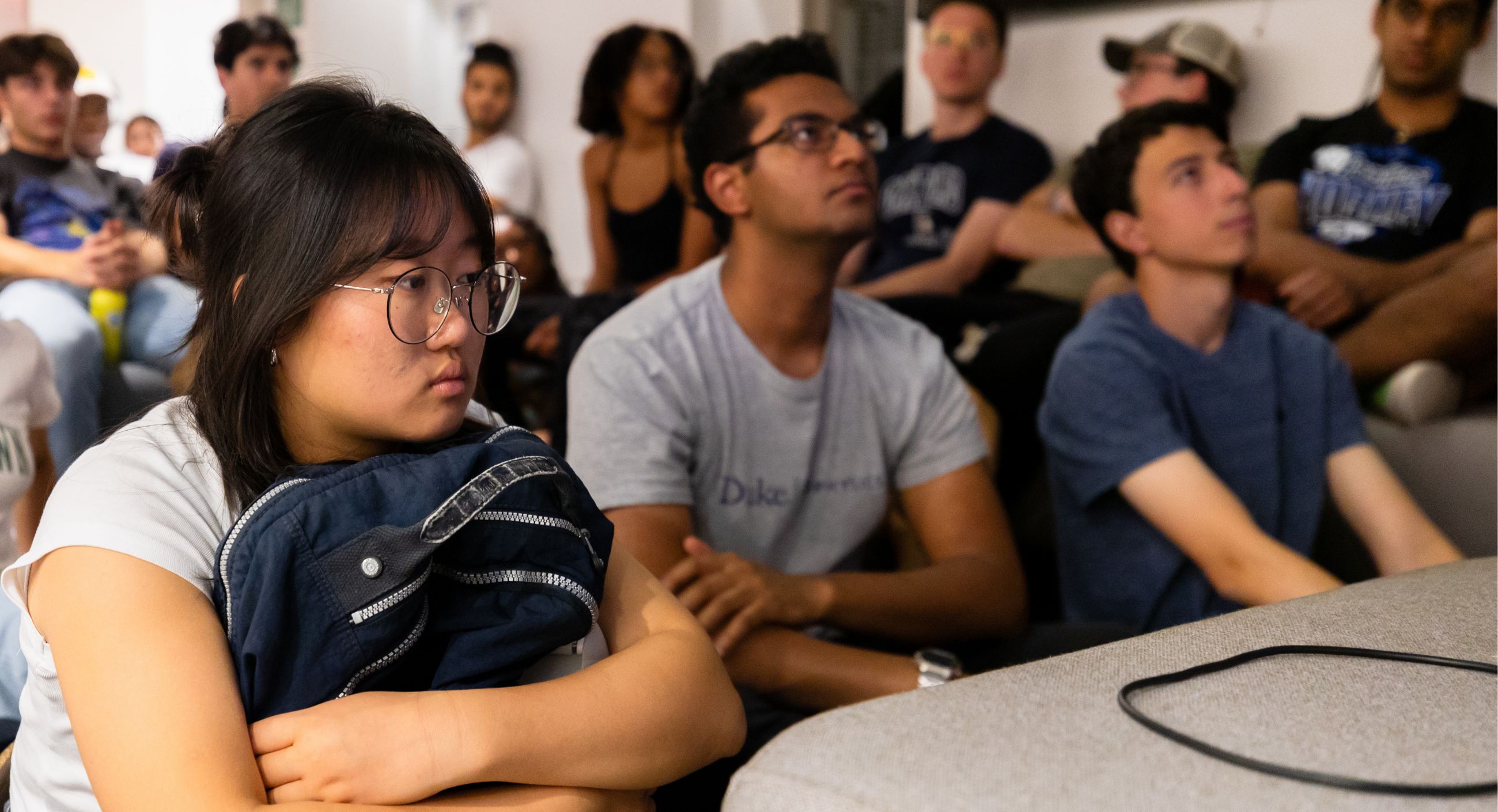
Other times, a movie screening will provoke a good conversation. A viewing of the Manchurian Candidate led to a debate about brainwashing and government intervention in people’s lives. Another time, students watched the 1999 film The Matrix and debated the virtues of taking the red or blue pill – the same decision that Keanu Reeves’ character faced in the movie. The character, Neo, existed in a simulated reality; the blue pill would allow him to escape. The red pill would require him to stay in the simulation while learning uncomfortable truths about it.
The conversation that followed the movie was lively, said Barnabas Persanyi, a Duke sophomore from Hungary.
“That was the choice, between happiness and the knowledge of truth,” he said. “The conversation was about who would choose the red pill and who would choose the blue pill. I think it’s an interesting thought experiment. If you’re a slave but don’t know it, are you actually free?”
Living in Kilgo, students explained, is a constant thought experiment.
“In order to have productive conversations you need to exit your own box a little and dance around with other people and ideas,” said Adamo.
